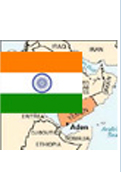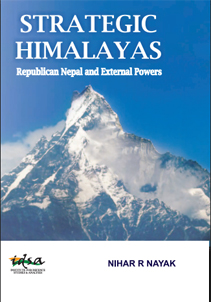Embedding India in Asia: Reaffirming the Indo-Pacific Concept
The emergence of the Indo-Pacific as a new geopolitical frame of reference is embedded in the growing strategic importance of the maritime domain and the rise of states that have demonstrated the ability to ‘transcend’ their respective subregions. However, the Indo-Pacific remains a concept in its infancy, as evidenced by the fact that it continues to compete with alternative conceptions of regional space in Asia.
- Chietigj Bajpaee
- October 2014











